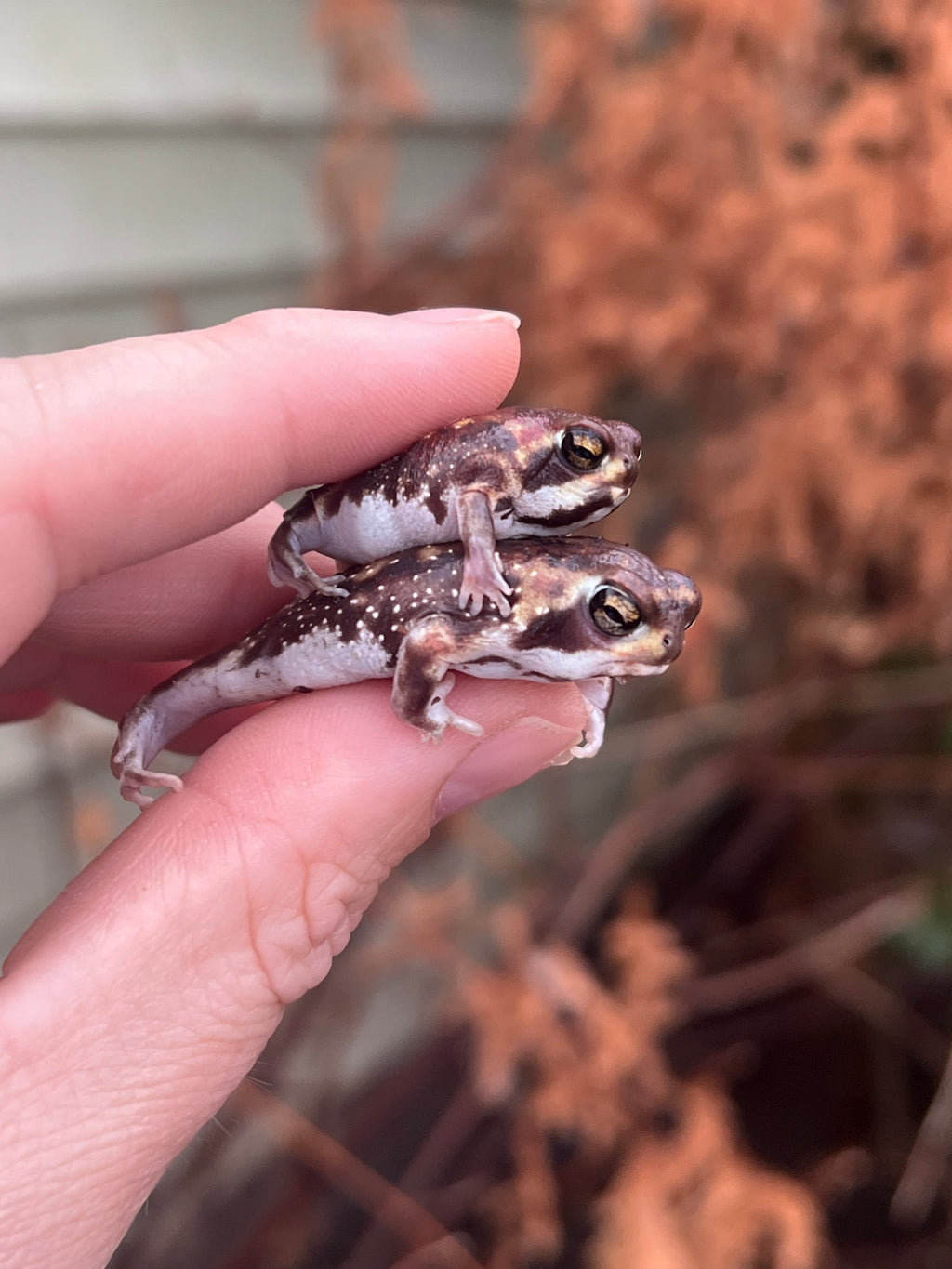Common Health Issues in Reptiles: Signs And Symptoms and Solutions
In the intricate globe of reptile care, comprehending the usual wellness concerns that might impact these one-of-a-kind animals is paramount in guaranteeing their well-being. From respiratory infections that can calmly hold to metabolic bone conditions that can incapacitate, reptiles are vulnerable to a variety of ailments that call for eager observation and timely treatment. Whether it's facing parasitic problems, browsing dehydration worries, or addressing skin ailments that manifest in subtle ways, being attuned to the signs and symptoms and outfitted with the understanding of effective solutions is crucial for any reptile owner. By diving even more right into the subtleties of these wellness problems and discovering the functional treatments offered, one can protect the health and wellness and vitality of these interesting pets.
Breathing Infections
Breathing infections in reptiles can considerably influence their general health and call for punctual attention from knowledgeable veterinarians. These infections are typically created by fungis, microorganisms, or infections and can manifest through symptoms such as hissing, nasal discharge, open-mouth breathing, and sleepiness. In reptiles, respiratory infections can be specifically testing to diagnose and treat due to their one-of-a-kind anatomy and physiology. Vets frequently depend on a combination of checkups, diagnostic imaging, and laboratory examinations to accurately identify the underlying source of the infection.
Therapy for respiratory system infections in reptiles usually entails a mix of helpful treatment, such as preserving appropriate humidity degrees and temperature level gradients in the unit, as well as targeted drug to address the certain virus in charge of the infection. It is crucial for reptile proprietors to check their family pets carefully for any indications of respiratory system distress and seek veterinary care at the earliest indicator of an issue. With timely intervention and proper therapy, many reptiles can recuperate completely from respiratory infections and return to regular activities.

Metabolic Bone Condition
What variables contribute to the growth of Metabolic Bone Illness in reptiles?
Metabolic Bone Disease (MBD) in reptiles is primarily created by a lack of correct calcium, phosphorus, and vitamin D3 levels in their diet regimen. Furthermore, poor exposure to UVB light stops reptiles from synthesizing vitamin D3, which is essential for calcium absorption and bone health and wellness.
Other adding variables to MBD consist of inappropriate temperature slopes within the reptile's environment, bring about reduced metabolism and damaged calcium absorption. Inadequate moisture levels can likewise impact a reptile's ability to metabolize calcium successfully. Furthermore, certain reptile varieties have specific nutritional requirements that, if not satisfied, can increase the likelihood of establishing MBD. Normal veterinary check-ups, proper husbandry techniques, and a balanced diet plan are crucial to prevent Metabolic Bone Disease in reptiles.
Parasitical Problems
Parasitical problems present a significant health and wellness risk to reptiles, affecting their general well-being and calling for prompt veterinary attention. Reptiles can be influenced by numerous bloodsuckers, including termites, ticks, internal worms, and protozoa. These parasites can trigger a range of symptoms, such as fat burning, lethargy, skin irritability, looseness of the bowels, and also death if left unattended.
One common parasite discovered in reptiles is the mite, which can create skin tension, inflammation, and anemia. Ticks are an additional outside parasite that can send illness and cause discomfort to the reptile. Inner bloodsuckers like worms and protozoa can result in digestive issues, lack of nutrition, and damage the reptile's immune system.
To detect a parasitic invasion, a veterinarian might perform fecal tests, skin scrapings, or blood examinations. Therapy often includes deworming drugs, antiparasitic baths, or in serious cases, hospitalization. Preventative procedures such as regular vet exams, correct hygiene, and quarantine procedures for brand-new reptiles can help reduce the risk of parasitical infestations and ensure the wellness of reptile pet dogs.
Dehydration and Hydration Issues
Dehydration in reptiles can substantially affect their health and well-being, requiring timely intervention and ideal hydration monitoring. If left unattended, dehydration can lead to serious health issues and also be fatal to the reptile.
To protect against dehydration, reptile owners need to make certain that their family pets have accessibility to clean water at all times. The water meal should be big enough for the reptile to take in if required, especially for species that absorb water with their skin. Additionally, maintaining proper moisture levels in the reptile's unit and supplying regular bathrooms can aid protect against dehydration.
In situations of dehydration, it is vital to look for vet care immediately. A veterinarian may provide fluids either orally or through shots to rehydrate the reptile. It is important to address the underlying reason for dehydration to stop reoccurrence and ensure the reptile's total well-being.
Skin Conditions

Conclusion

Respiratory system infections in reptiles can substantially affect their total wellness and need punctual focus from seasoned veterinarians (rain frog for sale). Preventative steps such as regular veterinary check-ups, proper health, and quarantine procedures for new reptiles can aid reduce the risk of parasitical problems and make certain the well-being of reptile pets
If left unattended, dehydration can lead to significant health and wellness problems and also be deadly to the reptile.
Consistently examining your reptile for any kind of changes in skin color, structure, or look can aid in early discovery and therapy of skin disorders, advertising the overall wellness and health of your flaky buddy. - rain frog for sale
In verdict, reptiles are susceptible to numerous health and wellness issues such as respiratory infections, review metabolic bone condition, parasitical problems, dehydration, and skin conditions.